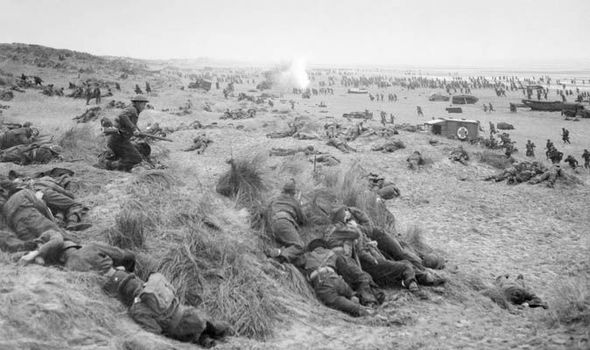|
Vol 12, Issue 3 TIMOTHY SARDER Seen the Latest Great War Film? Next, See the Greatest Anti-War Film Have you got your tickets yet? Christopher Nolan’s Dunkirk is out now, and amidst the fanfare, I enjoyed seeing it last weekend and immersing myself in its depiction of survival. Dunkirk, for all intents is a war film. That’s not to say it is unoriginal or frothing with oorah nationalistic militarism in the sense of something like American Sniper – it depicts a great deal of the fear and arbitrariness of war in its focus. However, it isn’t (nor is it trying to be) an out-and-out critique of the way wars are managed - however,there are great films that do succeed at depicting this. That’s why I’ve been thinking a lot about a film that would make an exceptional companion piece to Dunkirk; Stanley Kubrick’s lean (it’s only 88 minutes), but incredibly effective World War 1 tale, Paths of Glory. As high-minded and intellectual as we law students can be, even the film buffs among us can feel a bit of reluctance or distance, from older cinema (the film was released in 1957) compared to newer films. But I assure you; with its brief length and Kubrick’s unmistakeable style and exacting editing (he made films across five decades!) there is very little barrier to entry for this film. Kirk Douglas, the star of it said that it’s a film that “will always be good, years from now. I don’t have to wait 50 years to know that; I know it now.” He was right. It is not so much that Paths of Glory is timeless, but that it will always be timely.
In short, the film tells the tale of a battalion of soldiers who, when ordered to complete a suicide mission which is certain to result in the death of all of, or a great majority of them, refuse to advance. They have only been ordered on the mission as a result of the ambitions of Generals who have little interaction with them, but are concerned with their appearances and appeasing political and media forces. A group of the soldiers are then put to a show-trial in a military tribunal, where they will be put to the death if found guilty. Have you watched the TV series The Wire? The show’s creator and showrunner, David Simon, suggested that Paths of Glory was the key influence on the show’s narrative, particularly in its depiction of the problematic nature of ‘middle-management’. It might be hard at first to see what a movie set in World War I has to do with the drug war in contemporary Baltimore. However, in comparing the two pieces of media, it becomes difficult to ignore the parallels. Like the suicide mission in Paths of Glory, the drug war appeared unwinnable, but police forces were continually compelled to press onward even in the face of failure, counterproductive outcomes, and personal risk. And just like the mission, the drug war was motivated more by the interests of external ambitions and personality clashes in the face of political and media pressure. Some things never change. Often, the greatest courtroom drama is said to be 12 Angry Men (or is it Legally Blonde? I forget). While also a classic, and a compelling portrayal of its specific subject matter – the follies of those left to make a group decision – it is less interested in considering the external actors and top-down inefficiencies that can create harsh results and injustice at all levels of a hierarchy: for that, I submit that Paths of Glory achieves something with much more breadth in what its lessons can be applied to, that all law students may glean something from. So what does this have to do with your ticket to Dunkirk? When you are shown the tale of bravery, sacrifice, and desire to survive against-all-odds in that film, remember that the alleged cowardice, inadequacy, and impudence shown by the characters of Paths of Glory, while perhaps less ‘noble’, are no less human. And if the battles we fight are fundamentally tales of the human spirit, the ‘lesser’ qualities we might display are just as deserving of being saved. Timothy Sarder is a third-year JD student More articles like this The rest of this issue
Npj
8/8/2017 10:58:33 pm
A deep cut of Kubricks. May watch after I finish clorkships. Comments are closed.
|
Archives
October 2022
|



